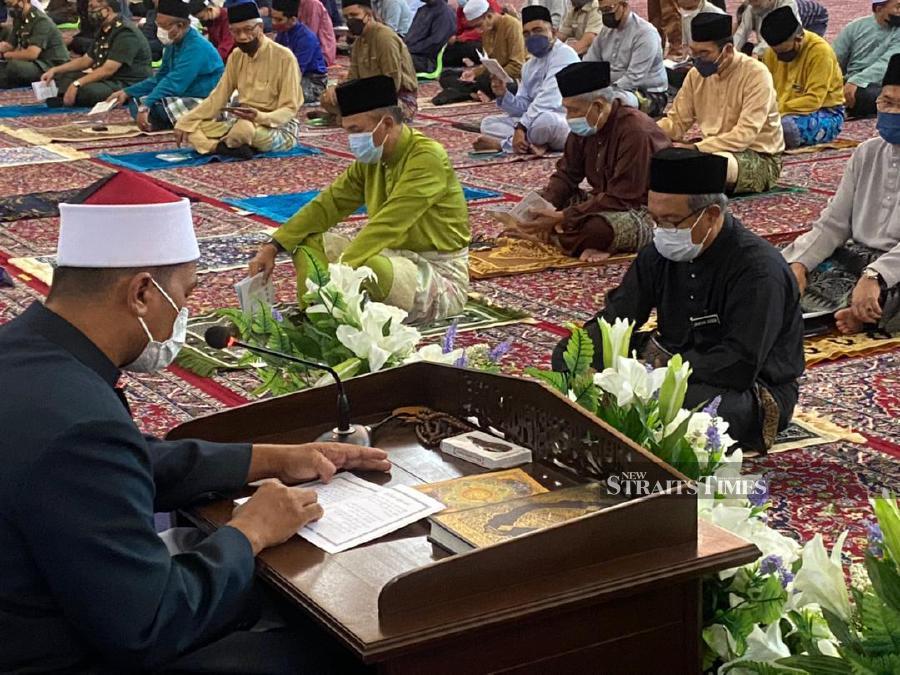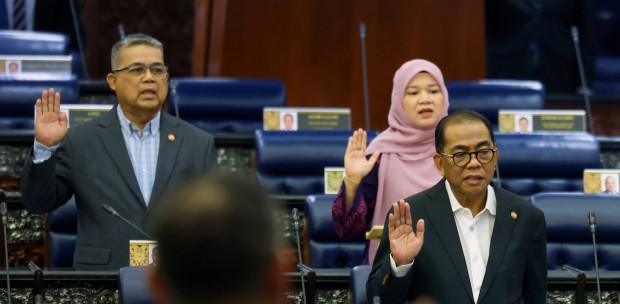KUALA LUMPUR: The National Archives of Malaysia, with the cooperation of Yayasan Tun Razak and the Federal Territory Mosque here today organised a Yasin recital and tahlil ceremony to commemorate the 100th birthday anniversary of the country's second prime minister Tun Abdul Razak Hussein.
The ceremony was led by the imam of the mosque, Dr Khalid Isa and held at the main prayer hall of the mosque before the Friday prayers today.
Representing the family of Tun Abdul Razak was Datuk Mohammed Nizam Razak, who is the brother of the former prime minister Datuk Seri Najib Razak.
Also present were Yayasan Tun Razak chairman Tun Hanif Omar and Kuala Lumpur mayor Datuk Seri Mahadi Che Ngah.
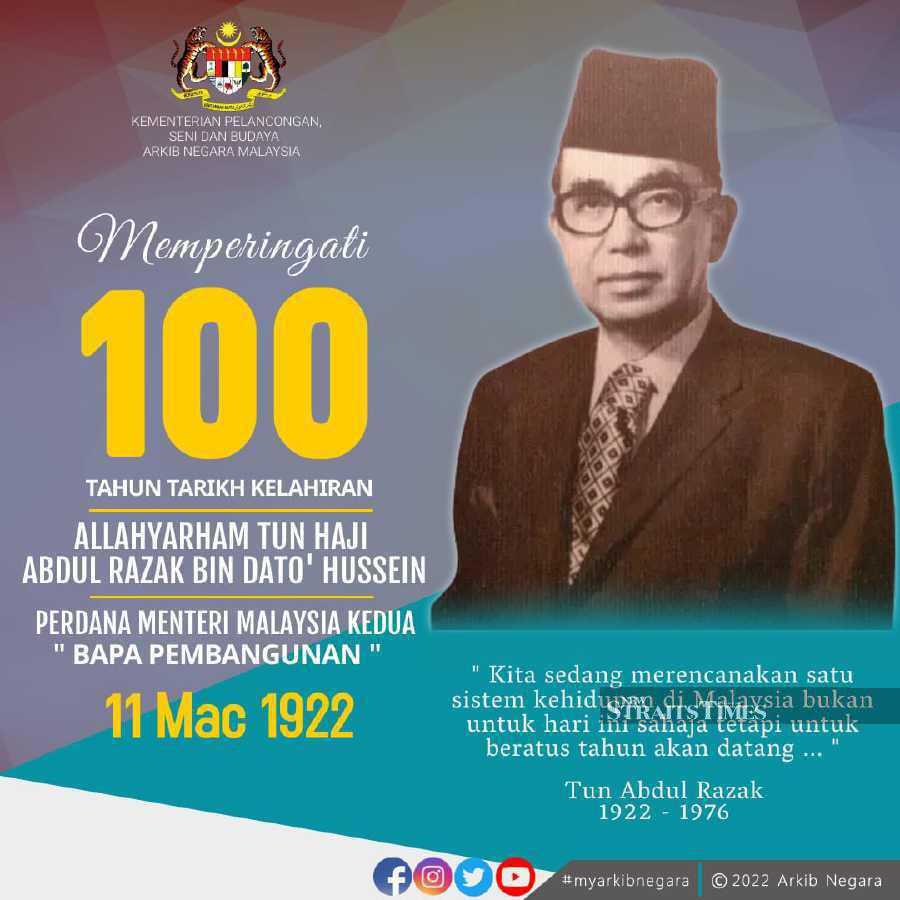
The National Archives of Malaysia director-general Jaafar Sidek Abdul Rahman said the ceremony was the beginning of the programmes being held to commemorate Abdul Razak Hussein's 100th birthday celebration.
"Throughout this year, the National Archives of Malaysia, with the cooperation of Yayasan Tun Razak and several strategic partners have planned several programmes to remember the contributions made by Tun Abdul Razak, who is the nation's Father of Development.
"It is hoped that people could embrace and remember his contributions towards the development of the nation," he said in a statement today.
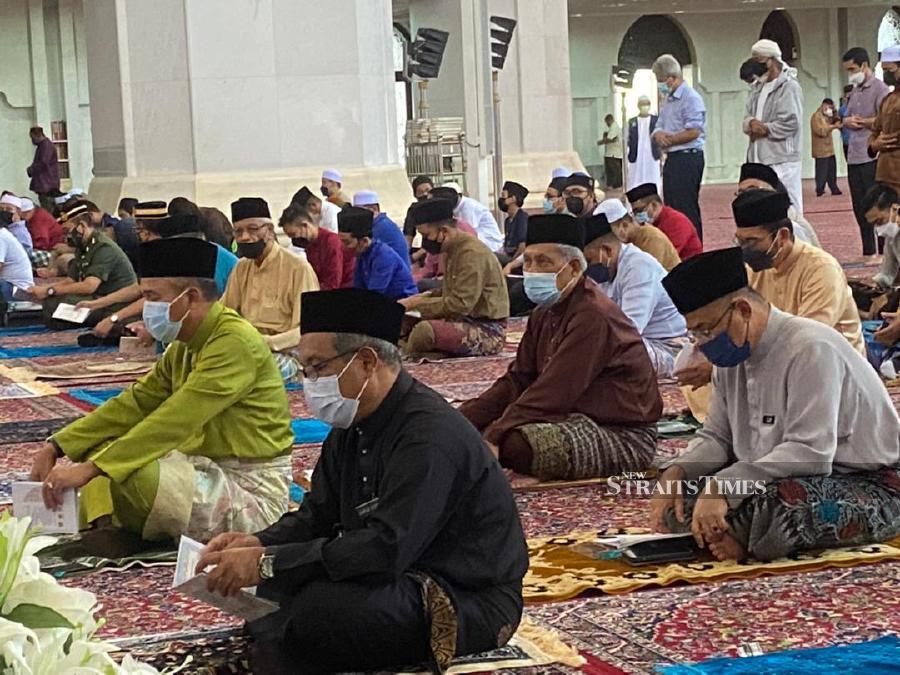
Known for his no-nonsense ways, Tun Abdul Razak is an exemplary leader remembered for his efforts in mending race relations and establishing the country's economic stability.
When he took over from Tunku Abdul Rahman (the first prime minister and the nation's Father of Independence) in the aftermath of the May 13, 1969 race riots, Tun Abdul Razak had a huge responsibility to reunite and rebuild the trust of the people.
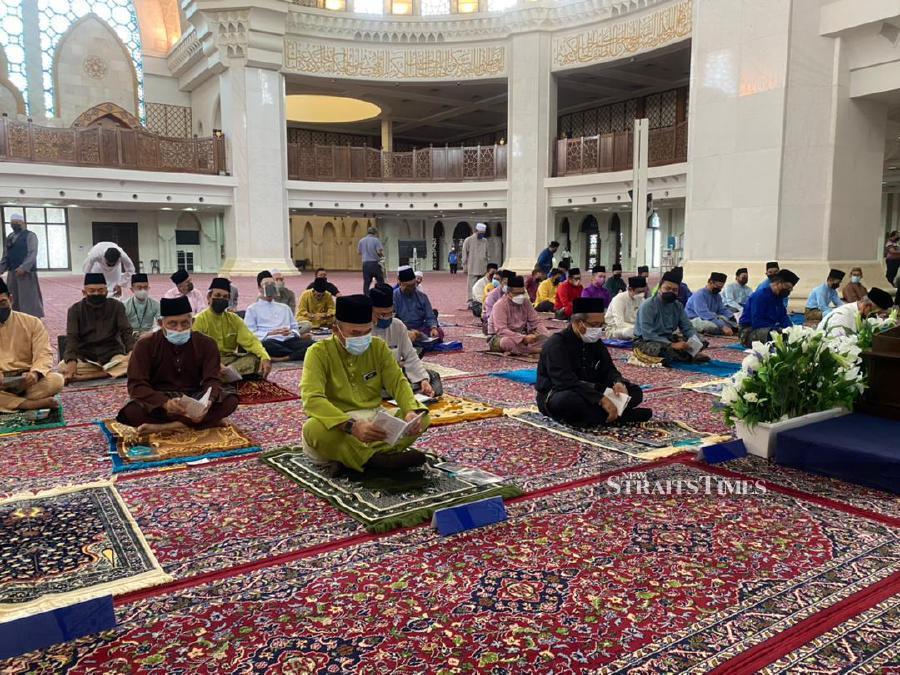
A lawyer by training, he was regarded as a capable and pragmatic leader, who made immense contributions during his years in office from Sept 22, 1970, to Jan 14, 1976.
He led the National Operation Council (NOC) in formulating the Rukun Negara in 1970 and launched the New Economic Policy (NEP) in 1971, which strongly addressed the disparities that fuelled racial antagonism.


